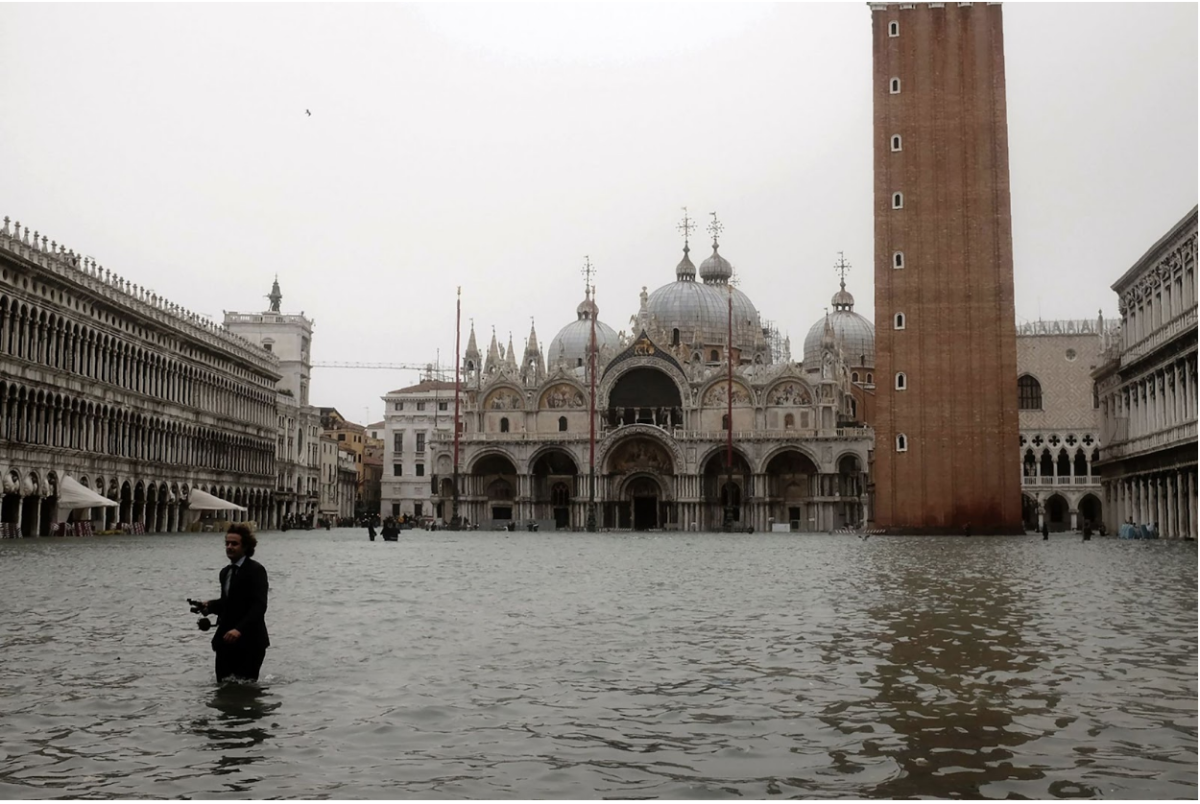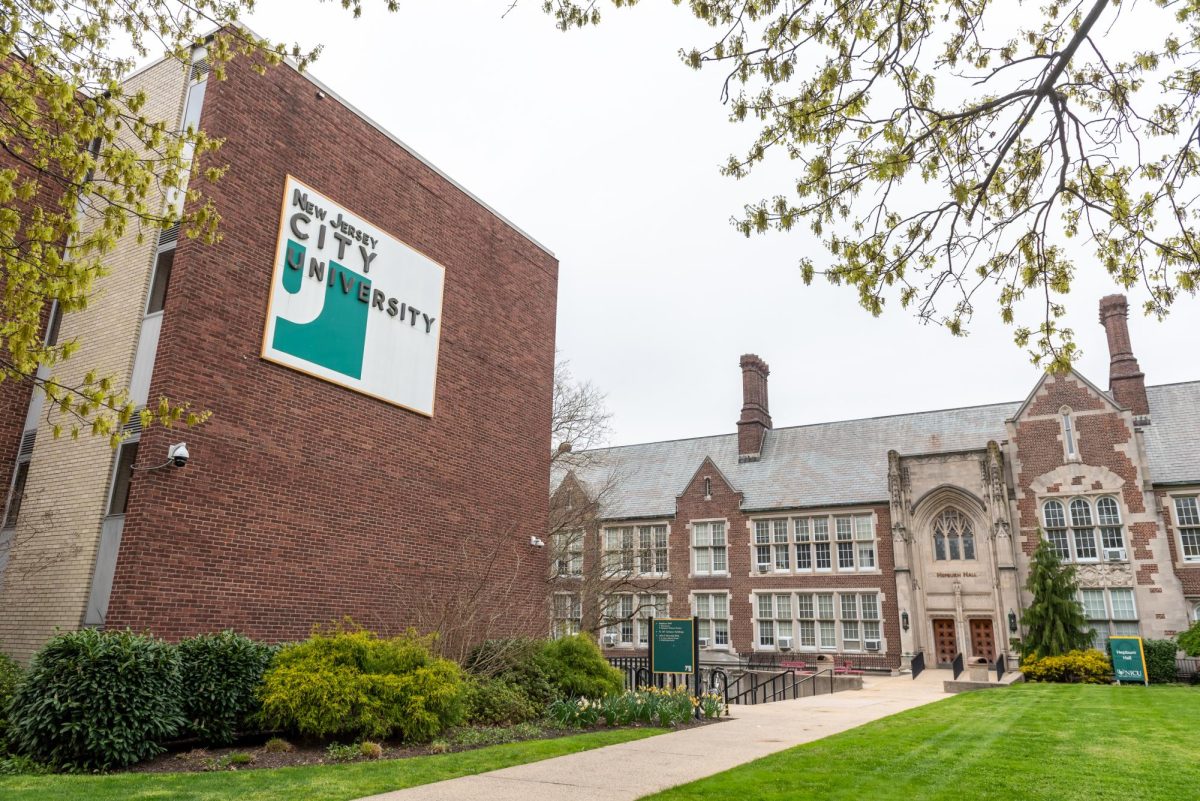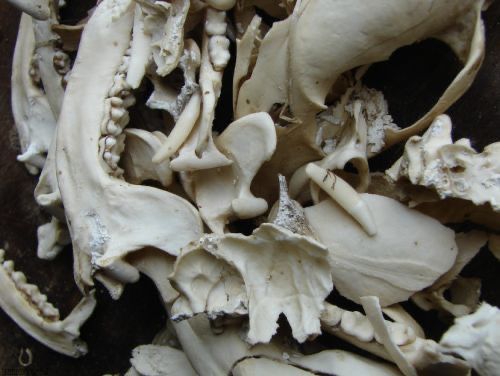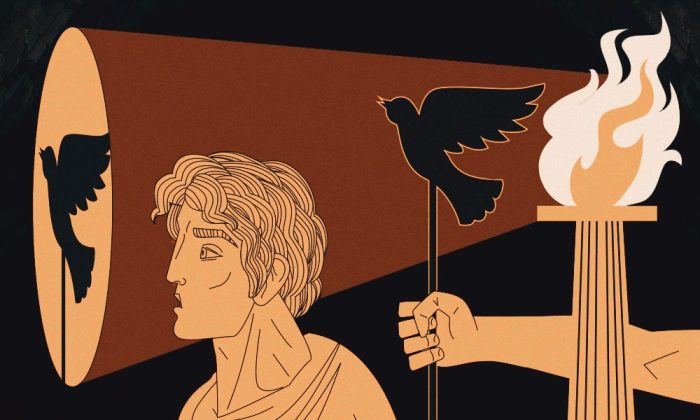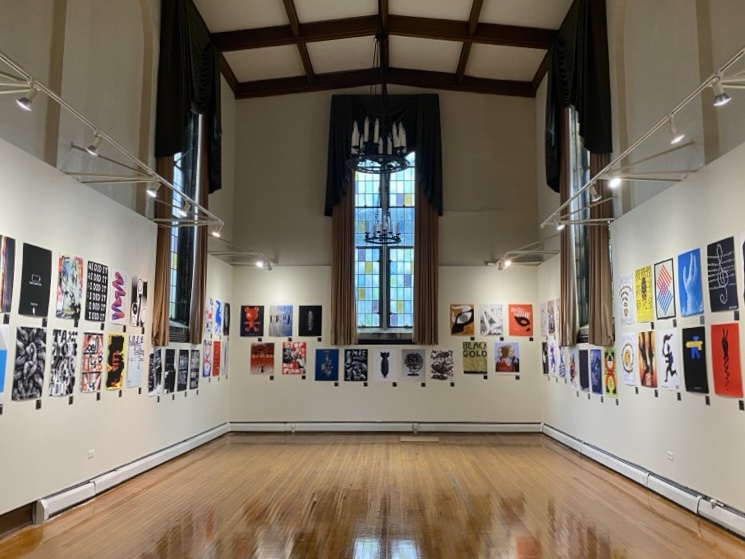By Atilla Azami –
NJCU continues construction across the campus. The Capital Renewal Program, one of the largest and most comprehensive construction projects—an estimated $30 million—the University has ever embarked upon.
“[The project] is going to provide a higher comfort level to all students,” said Andrew Christ, the Associate Vice President for Facilities and Construction Management and Co-Chair of Campus Infrastructure Working Group (CIWG). “[I]ncluding a lot of invisible things…such as HVAC (Heating, Ventilation, and Air Conditioning), electrical and water infrastructure.”
Based upon a 2009 facilities condition assessment, a prioritized list of reconstruction around the entire campus was created. In 2010, Aaron Aska, Vice President for Administration and Finance, and Co-Chair of CIWG, secured bonds for $30 million to fund the newly created Capital Renewal Program.
Chris Rice, 23, film major from Oldbridge said, “I think any money invested into the school is a good thing. Keeping students’ benefits in mind should always be considered.” He said, “Parking is an issue and more money should be invested to address the problem.”
The project has been split into two separate phases encompassing almost the entire campus from Hepburn Hall and Guarini Library to John J. Moore Athletics and Fitness Center (JMAC) and University Academy Charter School.
Phase I of the project includes: Fries Hall, Professional Studies Building, Rossey Hall, Science Building, Visual Arts Building and Vodra Hall.
Phase II encompasses: Co-op Dormitory, Gilligan Student Union Building (GSUB), Guarini Library, Hepburn Hall, John Moore Athletic Center, University Academy Charter School, Vodra Hall Dorm and the Facilities Building at 251 West Side Ave.
“I’m all for it, but if it increases our tuition: no,” said Joel Zaro, 22, media arts major from Jersey City. “Honestly, I like our school the way it is.” He said, “They should use some of the money for student benefit equipment.”
Andrew Christ noted that one of the chief goals was to renew HVAC equipment as well as water and electrical infrastructure to make the entire campus operate more efficiently, not only to bring down costs, but also, to make NJCU “greener.”
Anticipating student morale, the project has allocated the largest percentage to GSUB with a total sum of $9 million. The GSUB reconstruction consists of roof replacement, deck and plaza restoration, and parking garage restoration.
According to Christ, the bulk of the construction is planned to take place this summer. The Capital Renewal Program is forecasted to be completed by the fall semester of 2013 and has met all deadlines thus far.
Andrea Escobar, 19, a education and math major from Bayonne said, “It’s a great idea but we need more space. [The campus] should be expanded with more recreational outlets.”






